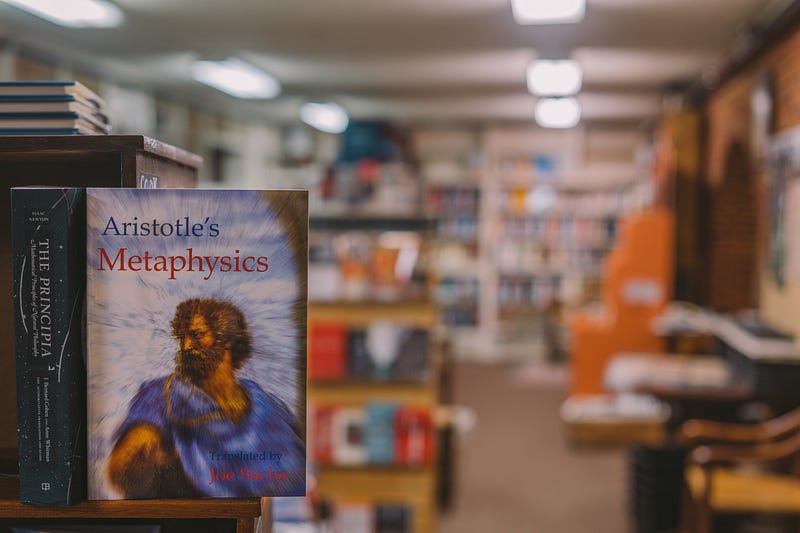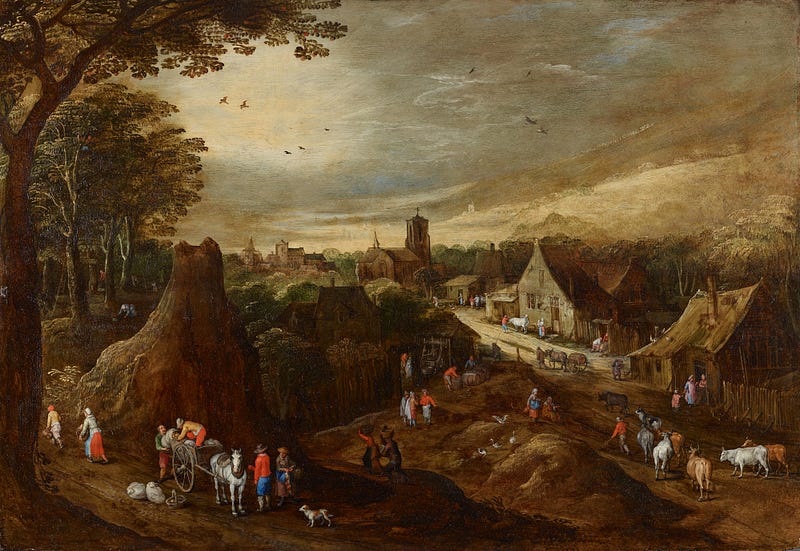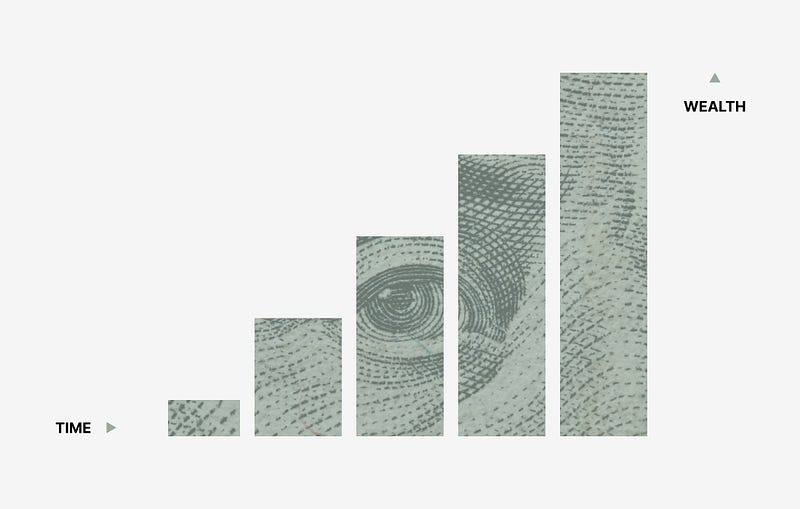A Discussion of Bourgeois Equality Chapter 20 “Smith was not a Max U, but Rather the Last of the Former Virtue Ethicists”
Now I, an economist, need to write about ethics. The fact that is a challenge is in part, Dr. McCloskey’s critique of us economists.
In the last chapter, the first of four discussing Adam Smith, she demonstrated how he had been reduced to the one ethic of prudence when his writings also valued justice and temperance.
McCloskey refers to the devolution of economics into being concerned only with prudence to the exclusion of other virtues, Max U.
“Max U,” remember, is a little joke, referring to the Maximization of Utility under Constraints that Samuelson laid down as the monopolistic principle of modeling in economics…Max…is literally a sociopath, reducing every experience to his own pleasure. He views everyone else as a vending machine. You put your money in and you get your pleasure out. (p. 186)
That is to say, economic models assume an agent motivated only by weighing costs and benefits to the exclusion of any other virtues such as love or justice.
This is “new welfare economics” that defines a mathematical utility function the agent will seek to maximize so that “If all people are benefited, or could be benefited, the proposed policy is good. That is all ye know of ethics.” (p. 186)
How did Economics End up Here?
McCloskey names 5 schools of ethical theory that are all attempts to define morality. (p. 185)
- Immanuel Kant who answers the Enlightenment need for a morality separate from religion by centering ethics around a person’s motive rather than the consequences of their actions
- Jeremy Bentham’s utilitarianism that Kant disagreed with. This is the idea that morality comes from maximizing the happiness of the most number of people. Max U derives from this branch of ethics.
- Pufendorf, followed by JohnLocke, argue for a new understanding of natural rights.
- Contractarian theories of Rousseau, Locke and Hobbes that lead to the idea of a Social Contract
- Virtue ethics from the Ancient Greeks that believed you developed virtue through practice, what we might call character building.
Forgive me for this oversimplification if you are a philosopher! What McCloskey wants to lay out is that of these 5 ethical theories, the first two dominate much of what is studied in philosophy departments today.
And she says virtue ethics disappeared just about the time Smith wrote his revised version of The Theory of Motal Sentiments in 1790, making Smith one of the last virtue ethicists. (p. 184)
Thus, people reading Smith today tend to come from a Kantian or utilitarianist viewpoint and misread Smith as being prudence-only.
The Seven Virtues
Smith’s system of virtues comprised the seven principal virtues which comes from the four cardinal virtues — justice, temperance, prudence and courage — combined with the three Christian virtues — faith, hope and love.
Minor if admirable virtues such as geniality or piety or patriotism can be described as combinations of the principal seven. A vice results from a notable lack of one or more of them. The seven are primary colors. They cannot be derived from each other, just as blue cannot be derived from red. (p. 189)
The four cardinal virtues are more about how people should treat other people. By combining them with the three Christian virtues, you have a system that takes us to the transcendent.
The virtue-ethical thought is an old one, at least as old as the notion that we are God’s creatures, and therefore owe to ourselves integrity and owe to Him…worship. (p. 190)
McCloskey notes that in Smith’s writings he extolled the value of courage, justice, temperance, and of course, prudence.
And then he added “half” of love. Specifically, he esteems benevolence.
…he speaks of benevolence toward people, the secular half of a whole (the whole of love would have included a love for the transcendent, which Smith sidesteps.) (p. 191)
Smith explains that prudence leads to us considering concerns for ourselves but by also valuing justice and benevolence, we also consider the concerns of others.
Conclusion
McCloskey has laid out a compelling explanation of why Smith has been misread in our modern times.
The loss of virtue ethics in our intellectual toolkit leaves us blind to the points he is making beyond prudence.
Smith’s fuller view of Man as having the virtues of courage, temperance, justice, prudence and benevolence is certainly a more appealing character than the Max U sociopath!
The virtues other than prudence — courage, love, justice, temperance, faith, and hope — are virtues and not merely another way of getting prudent pleasure. They cannot be stuck into a utility function in the sociopathic or Benthamite way of Max U. They are themselves, separate, nonfungible virtues in a flourishing human life — a human life, not the life of a maximizing rat. (p. 187)
And if economics could bring back these other virtues into itself, the excesses of capitalism today could be channeled into a more appealing life for us all.
Reference: McCloskey, Deirdre Nansen, 2016. “Smith was not a Max U, but Rather the Last of the Former Virtue Ethicists,” Chapter 20 of Bourgeois Equality, The University of Chicago Press.




